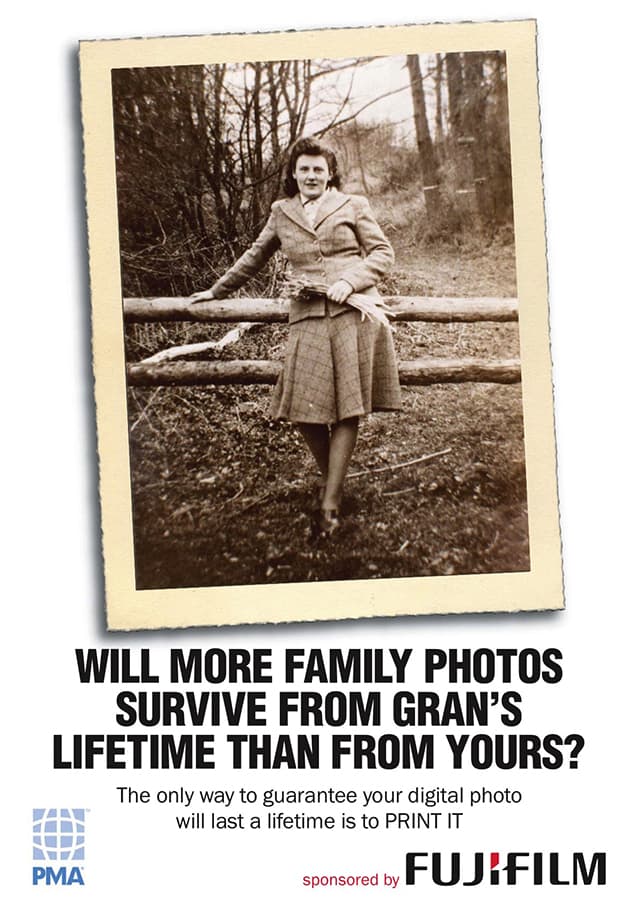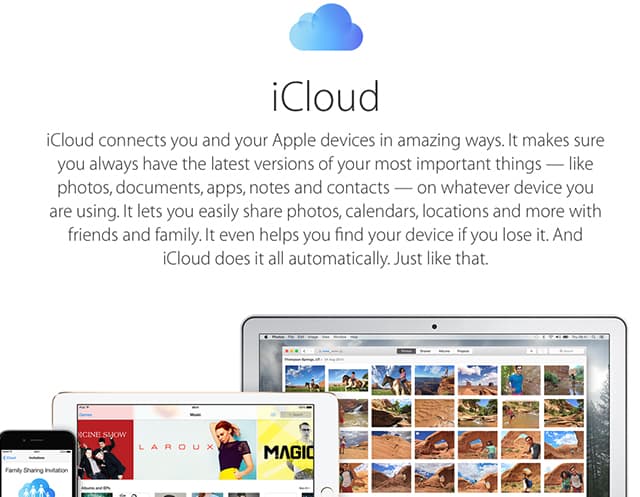PMA, a US-based photography trade body, has called on the industry to tackle the glut of digital images languishing on Facebook or on cloud services operated by the likes of Amazon and Apple.
PMA is working on a way to ensure that consumers’ most popular images can be made into photo products.
It hopes to work with social-media giants to harness software that enables consumers to ‘curate’ their photos by separating precious Christmas pictures from ‘a photo of your dinner’ or ‘where you parked your car’.
If it comes to fruition, the proposal would enable a Google cloud customer, for example, to ‘like’ a particular image and order a print straight away from a photo retailer who would have access to licensed software.
‘There is no easy way to do anything with a smartphone picture, except to share it on social media,’ said Scott Brownstein, a photo market and digital technology consultant who is working with PMA on a solution.
Georgia McCabe, PMA CEO, is set to deploy a two-pronged approach to what she dubs a ‘digital landfill in the sky’, by educating the consumer and putting the photo industry ‘on a common path forward.’
Consumers benefit by more easily locating and printing only those photos they really want to keep. The industry gains by expanding its market for printed photo products.
70% of photobooks ‘abandoned’
McCabe stressed that 70% of photo books are ‘abandoned’ by consumers, who start them but fail to see them through because they are too laborious.
PMA will seek to overcome a ‘fragmented’ industry by drawing up ‘reasonable conventions for interoperability’ – specifically an ‘open’ photo standard that would make it easier for treasured images stored in cloud accounts to be located and printed.
‘From smartphones and tablets to digital SLRs and compact cameras, we’re each collecting thousands of photos, but all saved in different formats and in different places,’ said McCabe.
So how would the plan work?
In an interview with Amateur Photographer (AP), Brownstein explained: ‘For example, if I had my pictures on Google [cloud storage service] and wanted to make a print or a photo book, I could essentially hit the button and make a print or a photo book in Tesco.
‘I don’t have to go to Tesco [Photo] and then come back to Google.’
Brownstein – who told AP he has already spoken to Facebook and Shutterfly about the plan – said Google has 100 developers working on its photo services, who will be able to use ‘artificial intelligence’ to automatically select images consumers will want to turn into products.
‘That automatically feeds photo books and other products, provided the [photo] industry can make the connection to the [cloud] portals…
‘We need to do right by the consumer and help them preserve their legacy…
‘People don’t feel good about the fact they don’t know where their pictures are.’
‘Point, click, capture and forget’
Brownstein, who spent 23 years at Kodak, claimed that large companies such as Amazon and Google ‘haven’t yet discovered that people really want their pictures for a long time…
‘I am not saying you have to have a print, but if you don’t have pictures for safekeeping…’
Brownstein pointed out that the problem didn’t exist before smartphones. In the days of film, people could take their photos to be processed on the high street and, even with the onset of the digital revolution, consumers could print from a memory card in their camera.
McCabe continued: ‘As an imaging industry, we have somehow lost sight of what happens next and how people want to store, share and show these images, arriving at a point today where we are in danger of having an imaging culture of “point, click, capture and forget”.’
One of the other benefits, according to Brownstein, is that photo-printing outfits such as Tesco Photo would not need to house their own archive of consumer photos, leaving them less prone to the type of security breach that hit several photo websites earlier this year.
AP understands that PMA will officially launch its masterplan in the coming weeks.
Kodak Alaris recently revealed the shocking truth about our digital photos in an exclusive interview (see below):
https://bcove.me/uoq59q9i
 Experts have warned we face a ‘photographic armageddon’ if we fail to secure our digital photos
Experts have warned we face a ‘photographic armageddon’ if we fail to secure our digital photos








